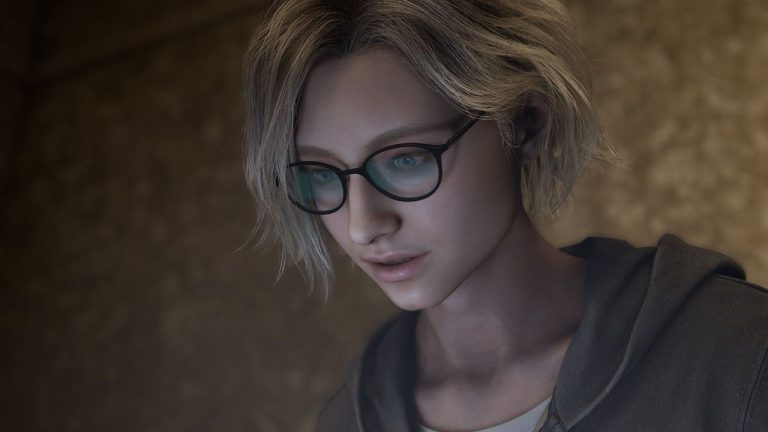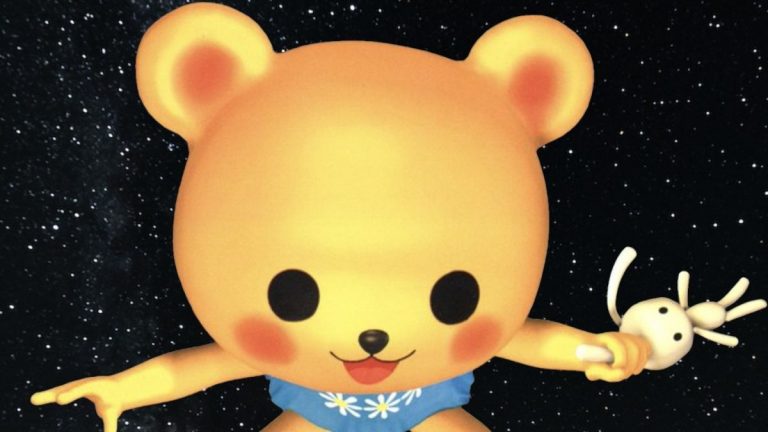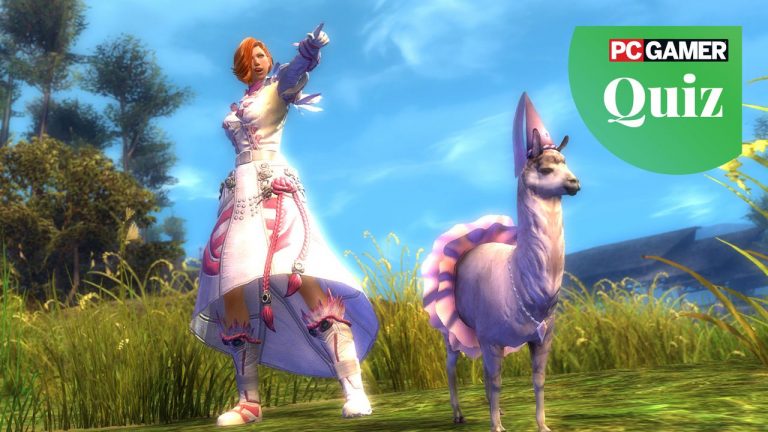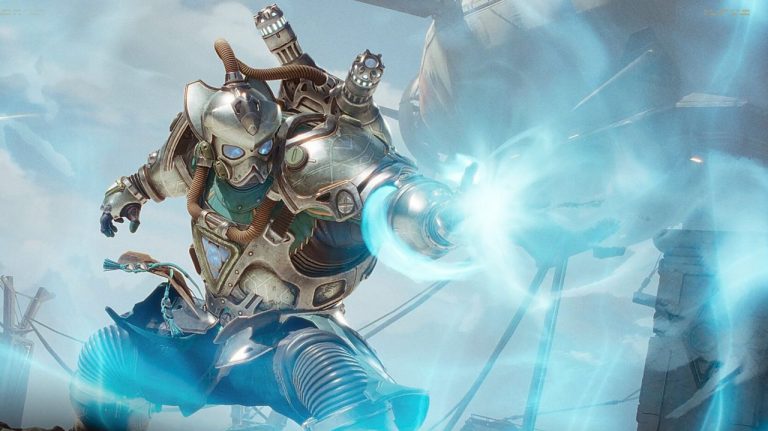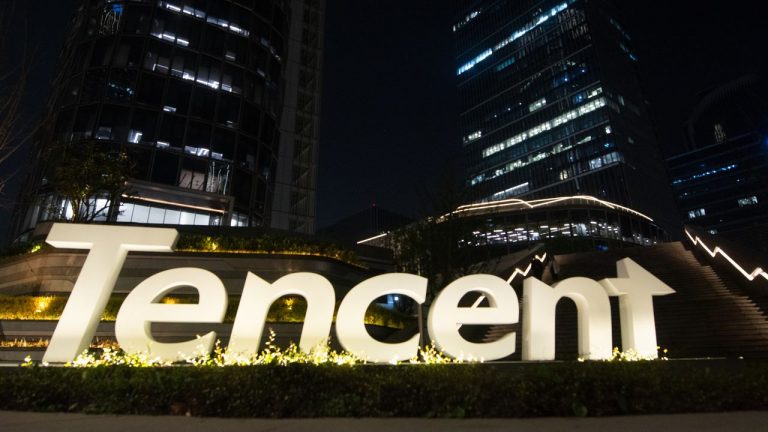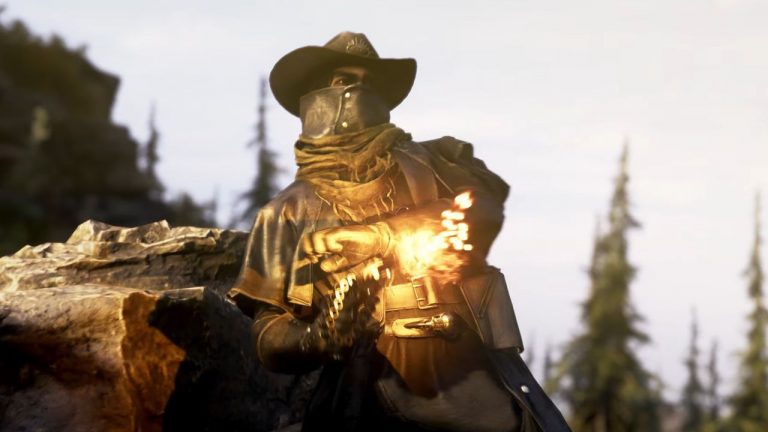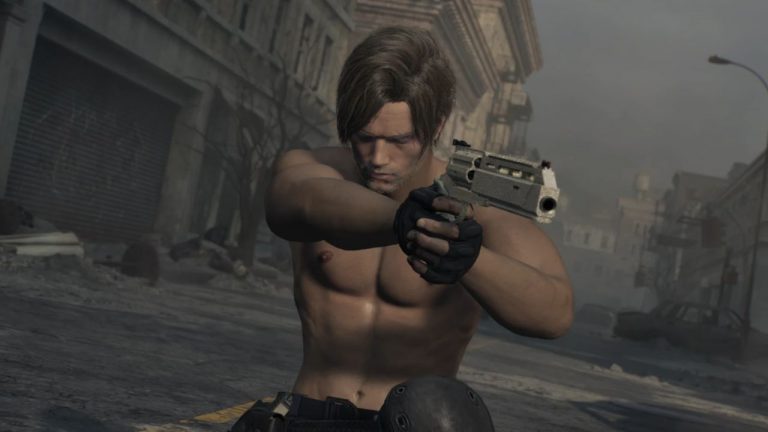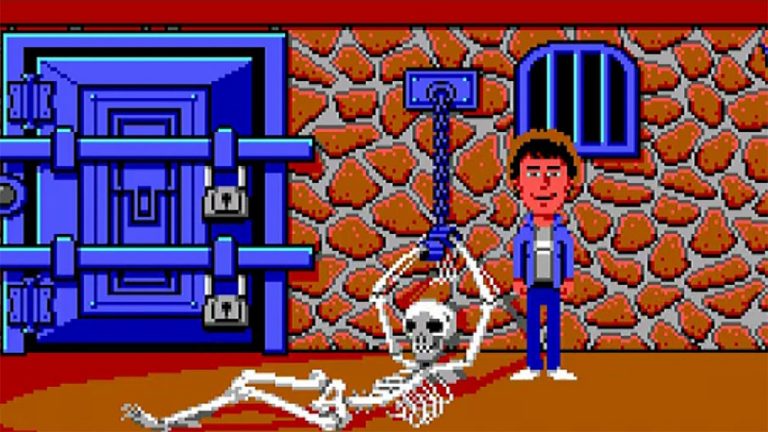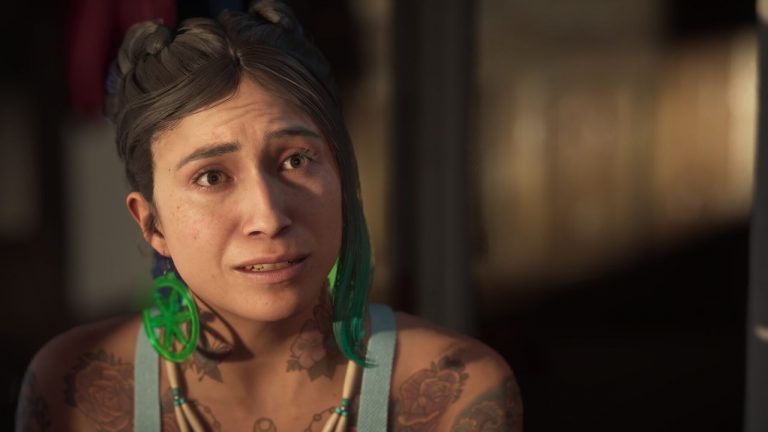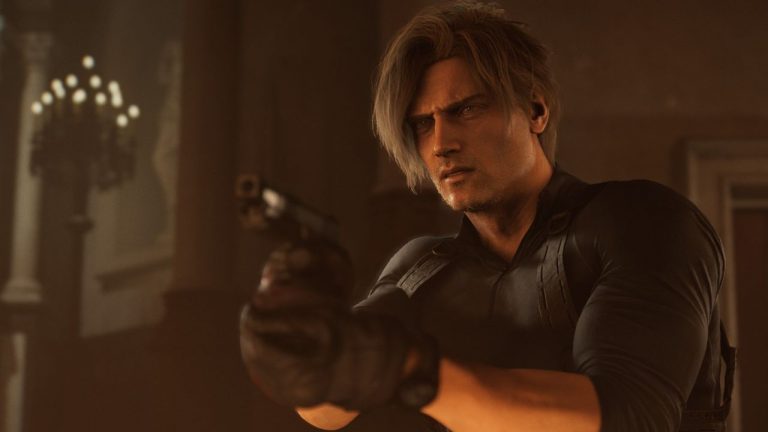Devolver Digital is known for working with independent developers on games like Human Fall Flat, Children of the Sun, Cult of the Lamb, and, honestly, most of the quirky indie games that you can think of. While it has made a name for itself by championing the little guy, its co-founder, Nigel Lowrie, admits that competing against live service games and existing in the current gaming ecosphere isn’t the easiest thing to do.
During the last Game Developers Conference (GDC) in mid-March, Lowrie discussed these issues in an interview with Games Industry.biz and what it means for the publisher. “There’s us, on maybe the smaller-to-medium-size end. But on the larger end, it feels like [game development] is crushing under its own weight a little bit,” Lowrie says. “The consumers are so tied up in some of these really fantastic live service games, but there’s only so much time they can spend. So there are more and more huge games being launched, asking for an enormous amount of time, but there’s just not that much time available for people to play.
“Helldivers is an excellent example. I play a lot of Helldivers with coworkers and friends,” Lowrie says. “It’s hard to pull people away from such a fantastic experience. You’re really fighting for time. I don’t care if you’re a one-person, self-published studio or someone that has 1,000 people making a live service multigenerational game, you’re still competing for that player’s time. We avoid big games obviously because of the momentum they’ll have in the press and with influencers, but then you also have to think of the consumers.”
(Image credit: Arrowhead Game Studios)
We’ve seen this happen to more than just Helldivers 2 recently. Earlier this week, Hades 2 shadow dropped into early access, and while it’s pleased more than a few people, given that it’s already hit 100,000 concurrent Steam players, there are some that aren’t too happy with its arrival.
A few people have pointed out that shadow dropping a massively anticipated game can mess up other developers’ release schedules. “I’m happy a sequel of a massive indie game is doing well, but can we collectively stop doing shadow drops for majorly anticipated games?” the founder of Bear Knuckle, a business development consultancy, Richie Dewit, tweeted. “It’s is, respectfully, a massive fuck you to your peers who have had to squeeze the most out of (in most cases) minimal marketing budgets.”
But it’s not just popular games that pose competition to Devolver’s releases, as Lowrie also touches upon how difficult it is to go up against subscription services: “On the [developer’s] side, then you have to convince people to put down money for your game rather than this service with 100 or 200 games to play. That does cause a little bit of a problem.”
However, he notes that this may not be as big of an issue as it once was. “Subscriptions like Game Pass are getting worse: A lot of it seems a little obtuse on how many people are actually [using them],” Lowrie says. “Every once in a while, you hear how many subscribers these services have, so you don’t really know. And you don’t know how active they are.”
These comments were made well before any of the recent news of Microsoft closing four games studios, including Tango Gameworks and Arkane Austin. However, it still feels apt for the current state of affairs given how competitive releases have become as well as a “need for smaller games” according to Xbox’s Matt Booty.



